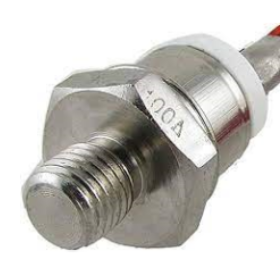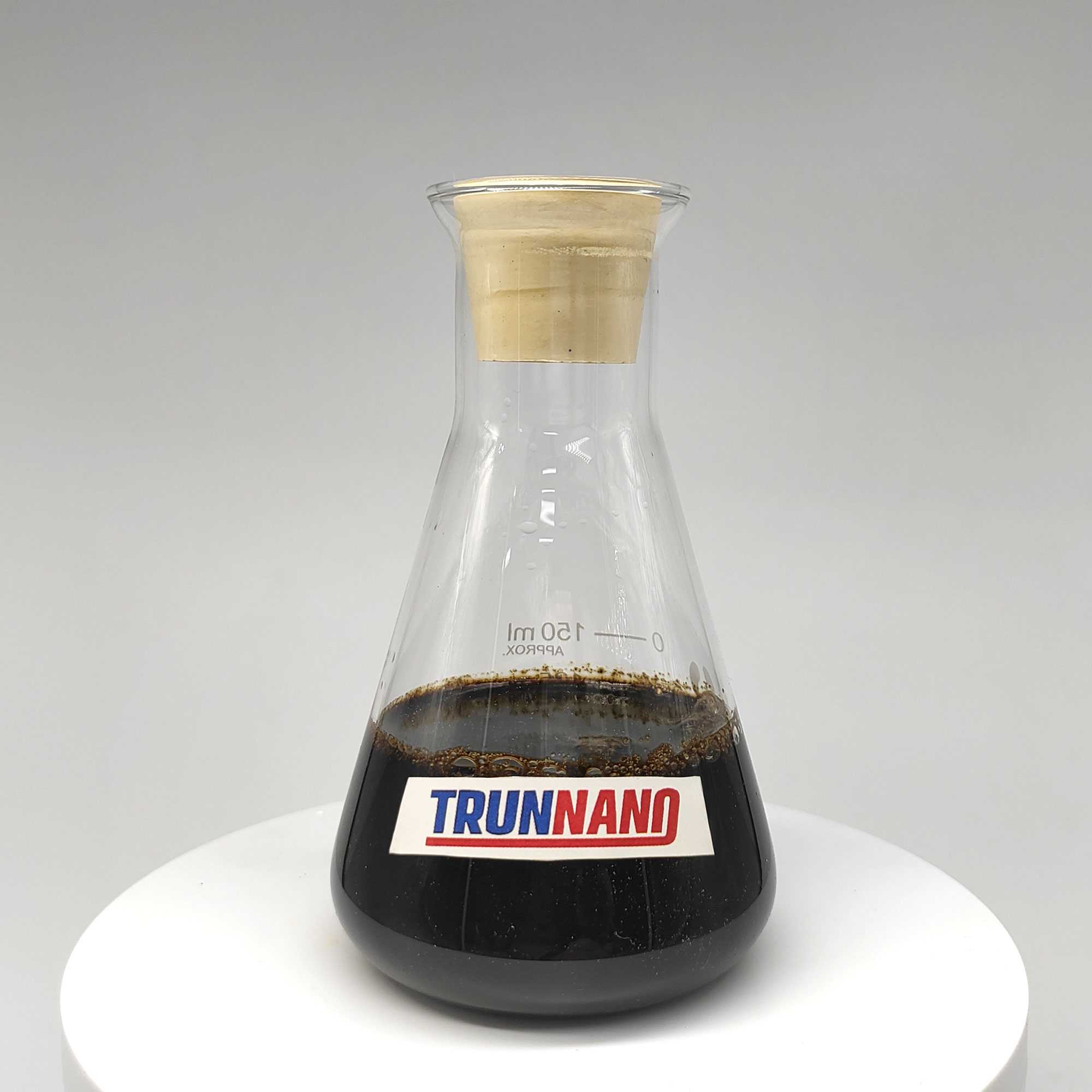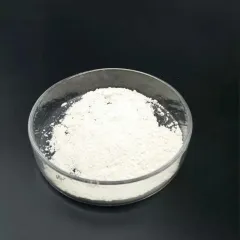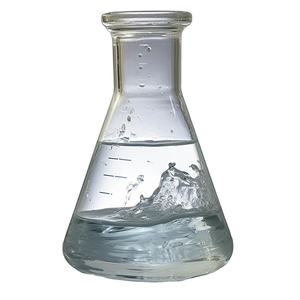Intro
(Technical Parameters of Powdered Instant Sodium Silicate (CAS 1344-09-8))
With the growing worldwide emphasis on environmental management and sustainable growth, sodium silicate, additionally referred to as water glass or moisturized sodium metasilicate, is obtaining raising focus in various commercial sectors because of its wide variety of applications. Sodium silicate plays a vital duty not only in sectors such as building and construction and papermaking yet additionally in cleaning agent production. In recent years, standard phosphate-based cleaning agent additives like sodium tripolyphosphate (STPP) have actually been phased out as a result of their serious effect on water high quality. Therefore, there is an immediate requirement to discover effective and eco-friendly options. In this context, salt silicate has obtained considerable attention due to its unique performance benefits.
Introduction of Salt Silicate
Sodium silicate is a compound created from silicon dioxide (SiO ₂) and salt oxide (Na ₂ O), with a chemical formula normally stood for as Na ₂ O · nSiO ₂. Depending upon the value of n, it can be categorized right into different kinds. Salt silicate exhibits exceptional solubility, high pH, and superior cleaning power, making it an ideal cleaning agent additive. Past its usage in cleaning agents, salt silicate is widely applied in the construction market as a waterproofing material and sealant; in the paper industry, it enhances paper strength and level of smoothness; and it likewise plays vital duties in textile dyeing, oil removal, and various other fields.
Manufacturing Process of Sodium Silicate
The production procedure of salt silicate includes several essential actions:
1. Raw Material Prep work: Using hydrated sodium metasilicate (or quartz sand) and caustic soft drink as base products.
2. Dissolution Phase: Mixing the raw products and heating them to a suitable temperature to promote dissolution, ensuring all parts are fully integrated.
3. Formation Treatment: Controlling conditions to create certain crystal structures, which calls for accurate regulation of temperature and stress.
4. Filtration and Separation: Utilizing a plate and framework filter press to eliminate excess water and impurities, making certain product pureness.
5. Drying out and Developing: Using spray drying out technology to even more reduce the moisture web content of the product, eventually creating a powdered end product that is easy to shop and transportation.
Cost-Benefit Analysis
From a financial point of view, the manufacturing of sodium silicate offers substantial expense benefits. For a manufacturing scale of 5,000 tons each year, the expense evaluation is as complies with:
1. Variable Expenses: About $346.71 per bunch, largely including raw materials (hydrated sodium metasilicate/quartz sand + caustic soft drink), energy consumption (electrical energy + gas), and labor expenses.
2. Fixed Costs: Concerning $141,400 each year, covering depreciation and maintenance of fixed properties, monitoring charges, financing interest, and other costs.
3. Overall Expense: After comprehensive consideration, the estimated expense per lots of completed product is around $385.71.
4. Sales Earnings: With an approximated selling price of 642.86 perton, aprofitmarginofabout642.86 perton, aprofitmarginofabout257.15 per load can be achieved.
5. Economic Benefits: The annual output worth can reach 3,214,300, contributingapproximately3,214,300, contributingapproximately1,285,700 in tax obligation profits.
This cost-benefit analysis indicates that salt silicate not just has considerable technological benefits yet likewise high economic usefulness. For suppliers, purchasing the manufacturing and promo of salt silicate can generate considerable economic returns while boosting the business’s social responsibility picture.
Market Prospects
1. Global Market Need
International production of artificial detergents is continually expanding, specifically with the enhancing percentage of ultra-concentrated powders. It is estimated that a minimum of 230,000 lots of salt silicate were needed in 2000 alone to satisfy market need. Currently, international salt silicate production is limited, leading to a substantial supply-demand void, indicating significant growth potential. As worldwide consumers’ demand for high-quality living increases, the demand for eco-friendly cleaning agents will additionally grow, thereby broadening the market for sodium silicate.
2. International Competition
Contrasted to the majority of worldwide competitors, Chinese-produced salt silicate not just offers a clear rate benefit but additionally preserves premium quality, making it very affordable in export markets. For example, the FOB cost of salt silicate items in the United States is approximately $51.15 per 100 pounds, while European prices are even greater. This indicates that Chinese-produced sodium silicate has strong competitiveness in the worldwide market. With continual technological technology and quality improvement, Chinese-produced sodium silicate is positioned to catch a bigger share of the worldwide market.
( sodium silicate)
Verdict
In recap, sodium silicate, with its premium technical efficiency and reduced manufacturing costs, reveals great prospective in replacing typical phosphate-based ingredients. In the face of significantly rigid ecological regulations and consumers’ pursuit of top quality living, accelerating the research and automation of sodium silicate will certainly come to be an essential consider driving the upgrading of the global detergent sector. For financiers, entering this field not only assists boost the firm’s social obligation picture but likewise brings considerable economic returns and social benefits. With technical innovations and increasing markets, the application potential customers of salt silicate are really broad, making it a beneficial location for exploration and growth by appropriate ventures and research study establishments.
High-quality Salt Silicate vendor
TRUNNANO is a supplier of Sodium Silicate Materials with over 12 years of experience in nano-building energy conservation and nanotechnology development. It accepts payment via Credit Card, T/T, West Union and Paypal. Trunnano will ship the goods to customers overseas through FedEx, DHL, by air, or by sea. If you want to know more about cas no 1344 09 8, please feel free to contact us and send an inquiry(sales5@nanotrun.com).
All articles and pictures are from the Internet. If there are any copyright issues, please contact us in time to delete.
Inquiry us












